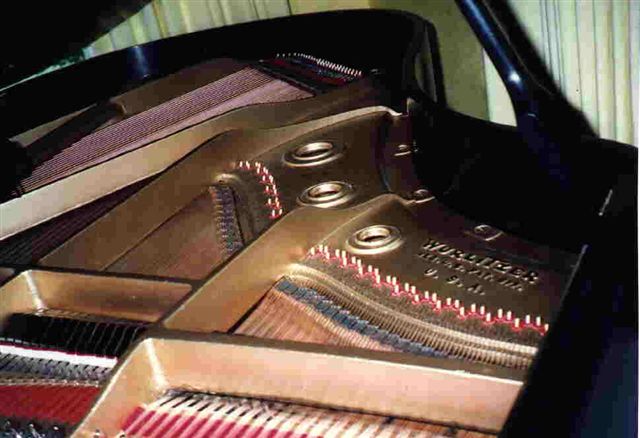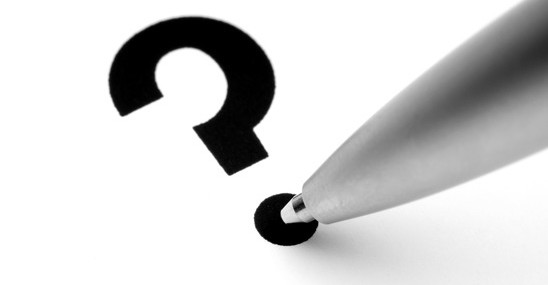One of the things that often makes a piano special is the history behind it. Imagine sitting down to play a piano that once sat in your great grandmothers home. Just knowing that it was used throughout your history as a source of joy and entertainment can easily make you want to display it front and center in your home.
But if you’ve recently remodeled your home, that decades old, maybe even century old piano or more might not have the same appeal as it once did. And in many cases, one of the largest things that makes it stands out is the keys. Who wants the center stage to fall on yellowed and discolored, or possibly even broken piano keys?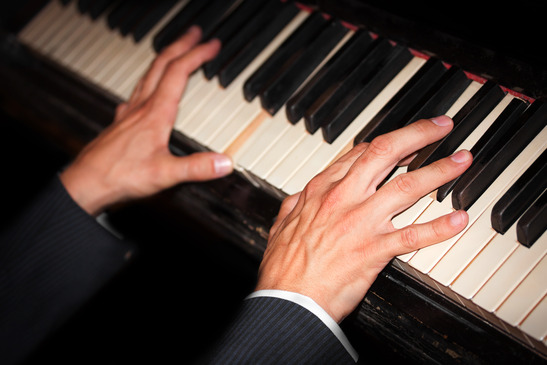
Ebony and ivory are rare and precious materials. Replacing keys made from both ivory and ebony can be a very difficult, expensive and time consuming process. And in some cases can be altogether impossible.
When in doubt, check in with a professional before you try and restore these precious materials on your own. There is a level of expertise needed to keep them in good condition without doing further damage. Yes, you can’t believe all the home remedies you find through a simple Google search!
First of all, keep in mind that ivory is a very porous material; it doesn’t do well in high moisture situations, and immediate drying is crucial. Too much moisture can cause ivory to malform, and can also allow seepage through to the glue and wood materials underneath.
Because it is a porous material, stains are often much deeper than the surface. Because it will take a little muscle, it will also take more time. It can take several hours to bring an entire piano keyboard back to its pure white levels.
Many sites recommend lemon juice, which does have whitening power. Keep in mind that lemon juice does have acidic properties, which can wear down the ivory over time. Others recommend milk, which is a far better choice because of its calcium and fatty acid. Use sparingly to prevent seepage.
For stubborn stains, you can purchase an ivory scraper. But keep in mind that this is impacting the ivory layers on your keys. If your piano has ivory, chances are its been cleaned and maintained many times over its life, all which impact the quality and the layers of the keys themselves.
If you have any questions about maintaining the keyboard, especially if its made from ebony and ivory, please give us a call. We can help you choose the right materials and processes to bring it back to a condition you love having on display, and one that will give life to your piano for many more years to come.
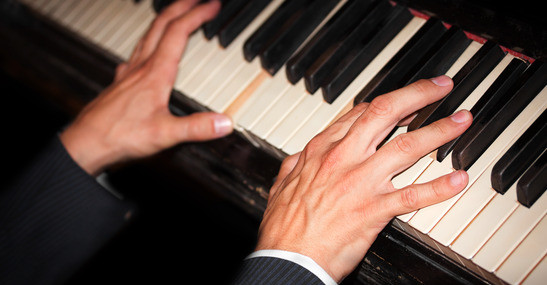

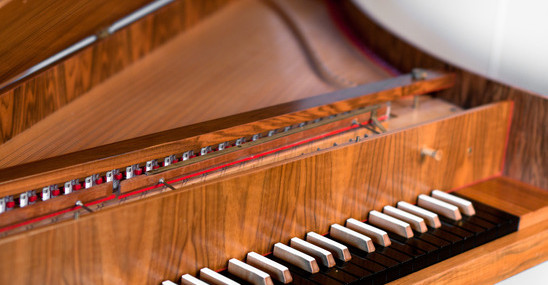
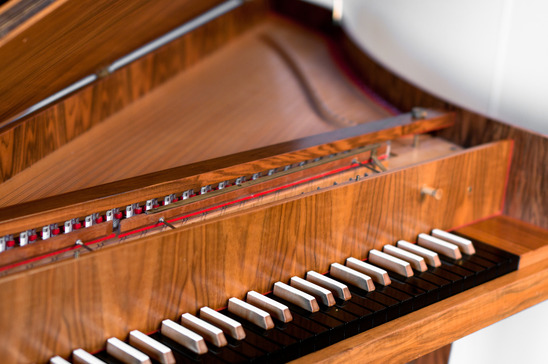
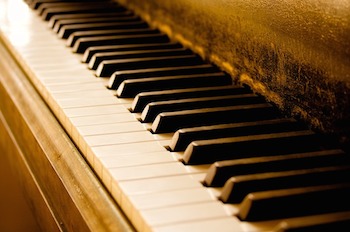
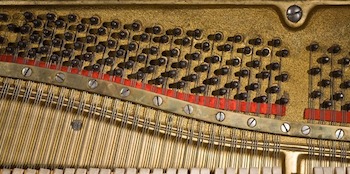

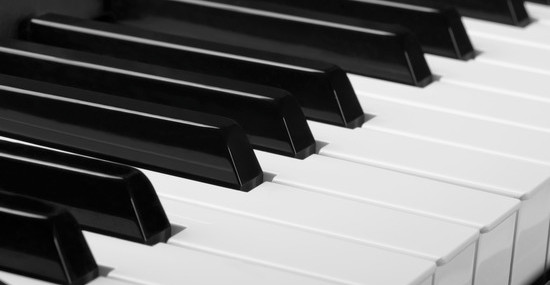


 It can be a very difficult process indeed.
It can be a very difficult process indeed.